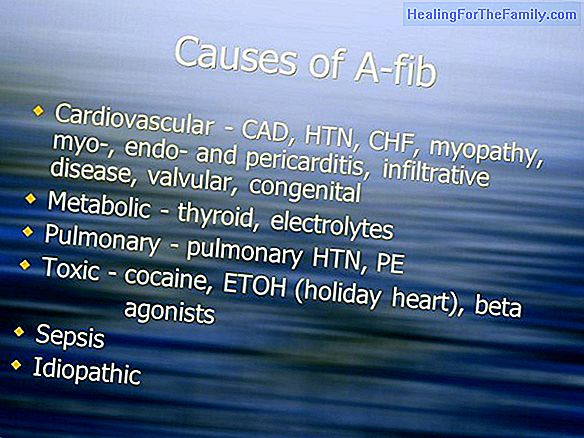Candidiasis during pregnancy
The vaginal candidiasis is a vaginal infection caused by a fungus, of the genus Candida, and in particular the albicans. This vaginitis is quite common in pregnant women. The infection occurs when there is an alteration among all the microorganisms that normally inhabit our mucous membranes. During
The vaginal candidiasis is a vaginal infection caused by a fungus, of the genus Candida, and in particular the albicans. This vaginitis is quite common in pregnant women. The infection occurs when there is an alteration among all the microorganisms that normally inhabit our mucous membranes.
During pregnancy, estrogen is elevated and causes the vagina to produce more glycogen (which feeds the fungus), and this in turn makes it easier for them to grow there. It is also thought that estrogens can not only make fungi grow faster, but also adhere more easily to the walls of the vaginal mucosa.
Why candidiasis appears in pregnancy

In addition to being favored by increased estrogen, you are more likely to get vaginal candidiasis if you take antibiotics, especially if you take them frequently or for a long period of time. This happens because these drugs, in addition to killing the bacteria that are fighting, can affect the bacteria that usually protect the vagina, which allows fungicandida, grow too.
Symptoms of candidiasis in pregnant women
- Itching, irritation, pain, burning and redness of the vagina and labia and sometimes swelling.
- An odorless vaginal discharge that is often white, creamy or of a consistency similar to curdled milk or yogurt
- Discomfort or pain during sexual intercourse.
- Burning when urinating when the urine touches the already irritated genitals.
Treatment of candidiasis during pregnancy
If you think you have vaginal candidiasis, tell your doctor or midwife. This will take a sample of the vaginal discharge, analyze it to confirm the diagnosis, and determine if there are other causes that may be causing the symptoms.
You may be prescribed a topical antifungal to apply according to the recommendations you receive; however you can take the following measures that will help you to improve the symptoms: Toma - Take oral probiotics (substances that help restore normal flora in your body), also worth yogurts, pickles ... - Always clean from front to back after urinate and evacuate.
- Remove the wet swimsuit immediately after swimming.
- Do not abuse the hygiene with soaps in the genital area, as they could irritate you more.
- Try to aerate the area, using cotton panties and changing them as many times as you need so that the area does not remain humid. You can spend time without panties.
- Do not self-medicate.
- It is contagious, avoids intercourse during the outbreak or if you want to have sex with a condom.
It probably takes a few days of treatment until you begin to feel relief. If the medication irritates you or does not seem to produce any effect, tell the doctor. You may have to prescribe a different medication. Make sure you finish all the treatment to ensure that the infection disappears.
How candidiasis affects the baby
Vaginal candidiasis
will not harm or affect your baby during pregnancy
. However, if you have an infection during the time of delivery, there is a possibility that the baby will contract it. If it contracts, fungi of the genus candidacan come out in the mouth, which is known as thrush or oral candidiasis.











